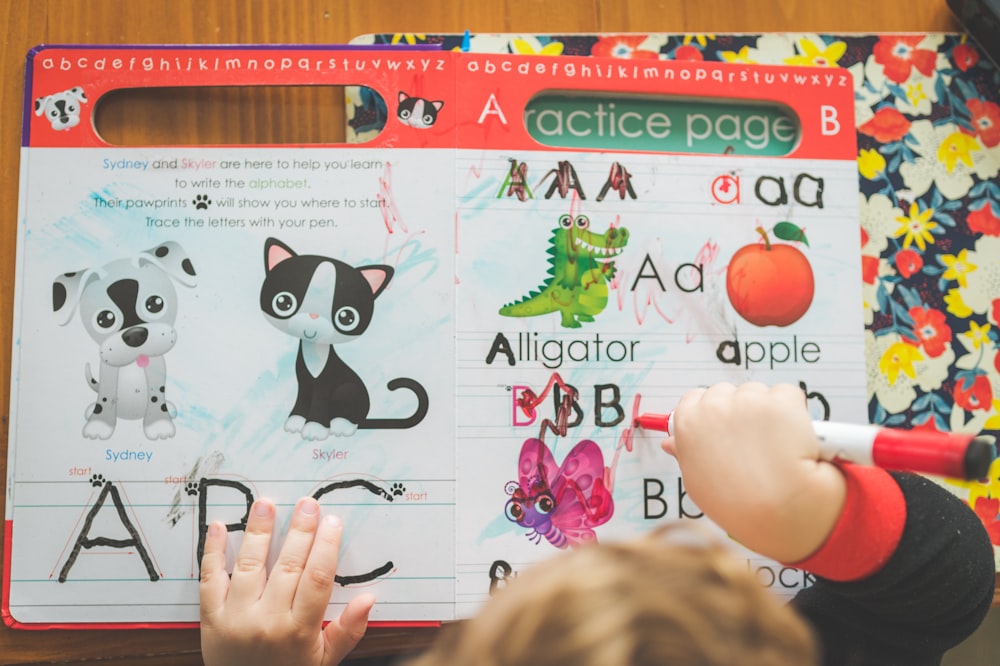
Introduction:
Welcome, educators, to a guide on enhancing literacy skills in your students. Literacy is the foundation of learning, and as teachers, we play a crucial role in developing these skills. In this article, we’ll explore practical tips and strategies to empower your teaching and boost literacy skills in your classroom.
Understanding Literacy Skills:
Before diving into tips, let’s clarify what we mean by literacy skills. It’s not just about reading and writing—it encompasses the ability to understand, interpret, and communicate through various forms of text. This includes critical thinking, comprehension, vocabulary, and fluency.
Promoting a Literacy-Rich Environment:
Create a classroom environment that fosters literacy. Surround students with books, newspapers, and magazines. Set up cozy reading corners and display student work prominently. The more exposure to reading materials, the more likely students are to engage with them.
Encourage Daily Reading Habits:
One of the simplest yet most effective ways to improve literacy is through regular reading. Encourage students to read for pleasure daily. Set aside dedicated reading time in class, provide a variety of books at different reading levels, and celebrate reading achievements.
Interactive Read-Aloud Sessions:
Engage students in interactive read-aloud sessions. Choose diverse and engaging texts that stimulate discussion. Pause to ask questions, predict outcomes, and delve into characters’ motivations. This not only enhances comprehension but also develops analytical skills.
Utilize Technology for Literacy Learning:
Incorporate technology into literacy activities. Educational apps, audiobooks, and online reading platforms can make learning more interactive and accessible. Use tablets or computers for digital storytelling projects or virtual book clubs.
Foster Writing Skills through Practice:
Writing is a crucial aspect of literacy. Provide regular opportunities for students to write creatively and expressively. Journaling, creative writing prompts, and collaborative storytelling can ignite a passion for writing and improve communication skills.
Integrate Literacy Across Subjects:
Literacy shouldn’t be confined to English classes. Infuse it into all subjects. Encourage students to read science articles, analyze historical documents, and write math problem-solving explanations. This interdisciplinary approach reinforces literacy skills in various contexts.
Use Differentiated Instruction:
Recognize that students learn at different paces and styles. Differentiate instruction by providing varied reading materials at different levels of complexity. Offer support through small group instruction, peer reading buddies, or one-on-one conferences.
Teach Vocabulary in Context:
Effective vocabulary instruction goes beyond rote memorization. Teach words in context, relating them to the texts students are reading. Encourage the use of new vocabulary in discussions and writing assignments to deepen understanding.
Encourage Discussion and Debate:
Engage students in discussions about what they’re reading. Encourage them to share their opinions, ask questions, and defend their viewpoints. This not only improves comprehension but also hones critical thinking and communication skills.
Provide Constructive Feedback:
Feedback is crucial for growth. Offer specific and constructive feedback on students’ reading and writing assignments. Highlight strengths and areas for improvement, and guide them on how to enhance their skills.
Conclusion:
There you have it, educators—a roadmap to enhancing literacy skills in your students. By creating a literacy-rich environment, promoting daily reading habits, engaging in interactive read-aloud sessions, using technology, fostering writing skills, integrating literacy across subjects, differentiating instruction, teaching vocabulary in context, encouraging discussions, and providing feedback, you’ll empower your students to become confident readers, writers, and thinkers. So, let’s embark on this literacy journey together and watch our students flourish! Read more about literacy tips




64be9b29b5881.jpg)



